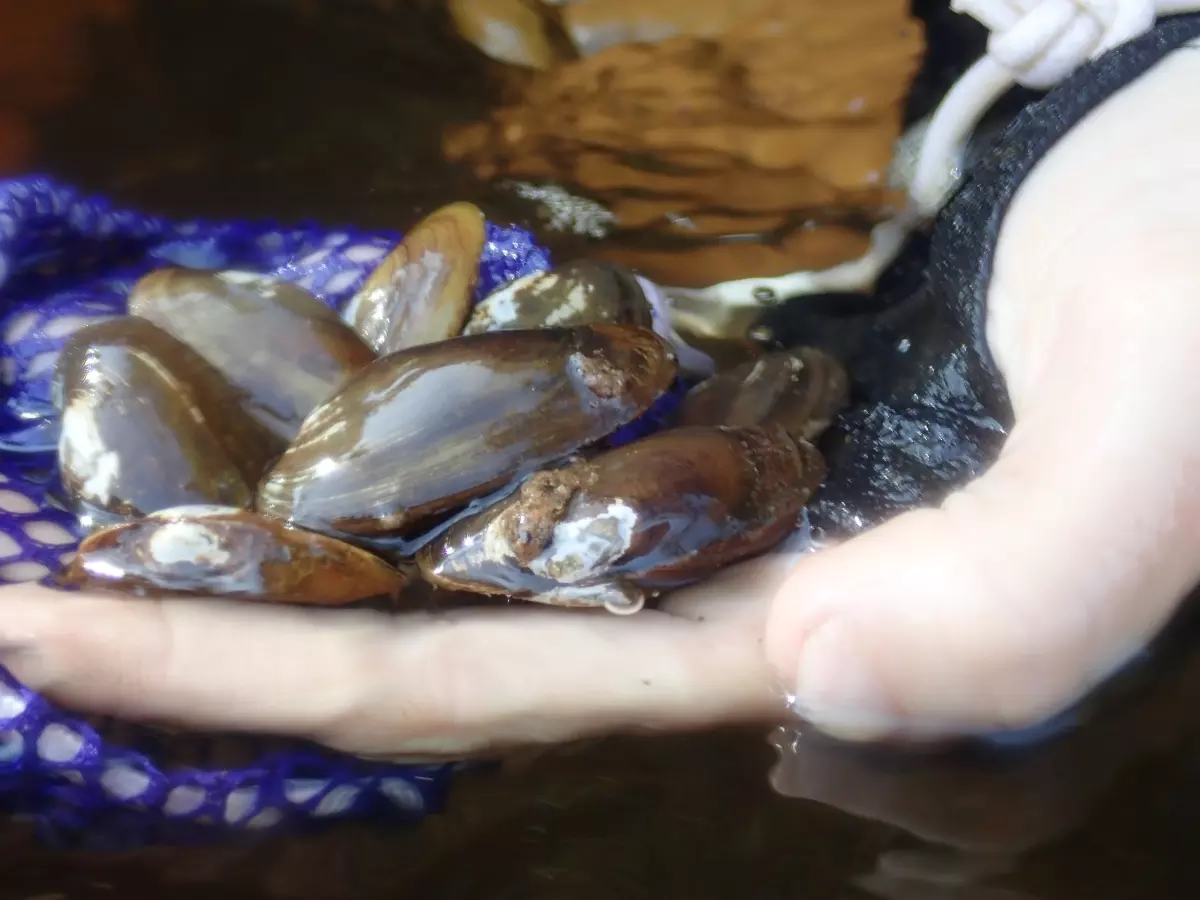The U.S. Fish and Wildlife Service is proposing to list a freshwater mussel that lives in West Virginia rivers as endangered.
The salamander mussel is a small, thin-shelled mussel that inhabits fast flowing rivers and streams. It can be found in 14 states and the Canadian province of Ontario.
According to the agency, freshwater mussels are both an indication of stream health and help clean the water. About 65 percent of North American freshwater mussel species are at risk.
The agency’s review found that the salamander mussel is under threat from changes in water flow, landscape alterations, invasive species and risk to its host species, the mudpuppy.
The mudpuppy is an aquatic salamander that lives in the same habitat. The mussel’s larvae develop in the salamander’s gills.
The agency will propose more than 2,000 miles of river as critical habitat for the mussel. In West Virginia, those include the Little Kanawha River and several other streams that feed the Ohio River.
The agency will accept public comment on the proposed designation through Oct. 28.
